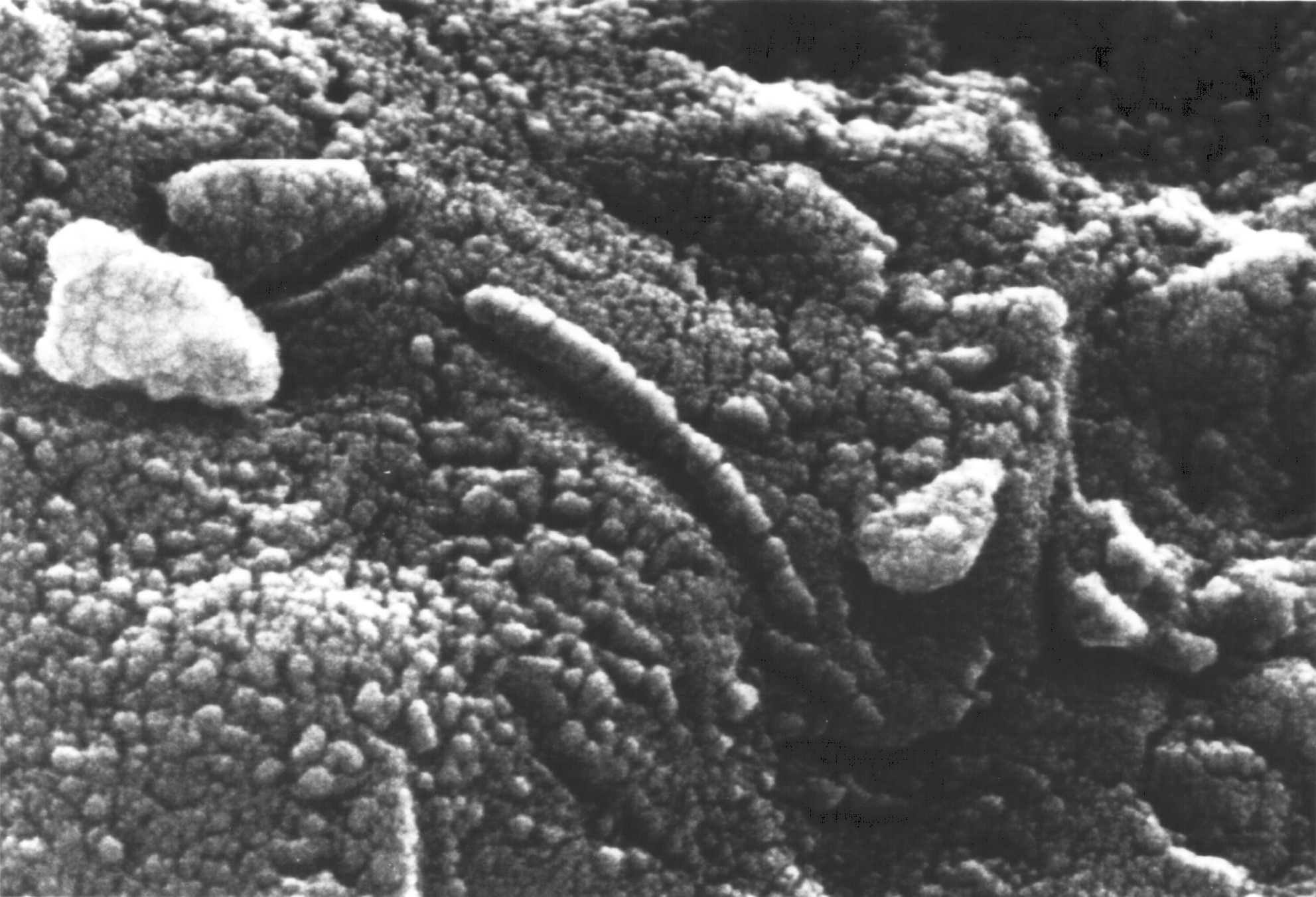After yesterday, I needed some cheering up, and Jabba needed some food, so we went down to Ashford to TC Reptiles, purveyors of the finest locusts in town.
We'd missed out on the Kempton Park Reptile Expo a couple of weeks ago, as it was the hottest day of the year and we remembered it being oppressively hot and overcrowded the last time we visited. So I was on the lookout for some more creepy-crawlies for the lab. I had been advised that several students, teachers and lab technicians would not come near the lab if I bought a tarantula, so that was out.
Anyway, TC had some Pacman frogs, Ceratophrys ornata. And they're aggressive little bastards. The owner had his favourite, which was permanently furious, and could be lifted up by the food it had just bitten. We got the second most aggressive.

It doesn't have a name yet. I'm saving the honour of naming it for my incoming A2 class. Though Paul has been calling it Hypnotoad in the interim.
I plan to draft in "Hypnotoad" for informal detentions:
Me: "You, misbehaving student, come here and put your finger in the tank."
Frog: *chomp*
Me: "Now you stay here until Hypnotoad lets go."
Student: *whimper*
We'd missed out on the Kempton Park Reptile Expo a couple of weeks ago, as it was the hottest day of the year and we remembered it being oppressively hot and overcrowded the last time we visited. So I was on the lookout for some more creepy-crawlies for the lab. I had been advised that several students, teachers and lab technicians would not come near the lab if I bought a tarantula, so that was out.
Anyway, TC had some Pacman frogs, Ceratophrys ornata. And they're aggressive little bastards. The owner had his favourite, which was permanently furious, and could be lifted up by the food it had just bitten. We got the second most aggressive.

It doesn't have a name yet. I'm saving the honour of naming it for my incoming A2 class. Though Paul has been calling it Hypnotoad in the interim.
I plan to draft in "Hypnotoad" for informal detentions:
Me: "You, misbehaving student, come here and put your finger in the tank."
Frog: *chomp*
Me: "Now you stay here until Hypnotoad lets go."
Student: *whimper*









